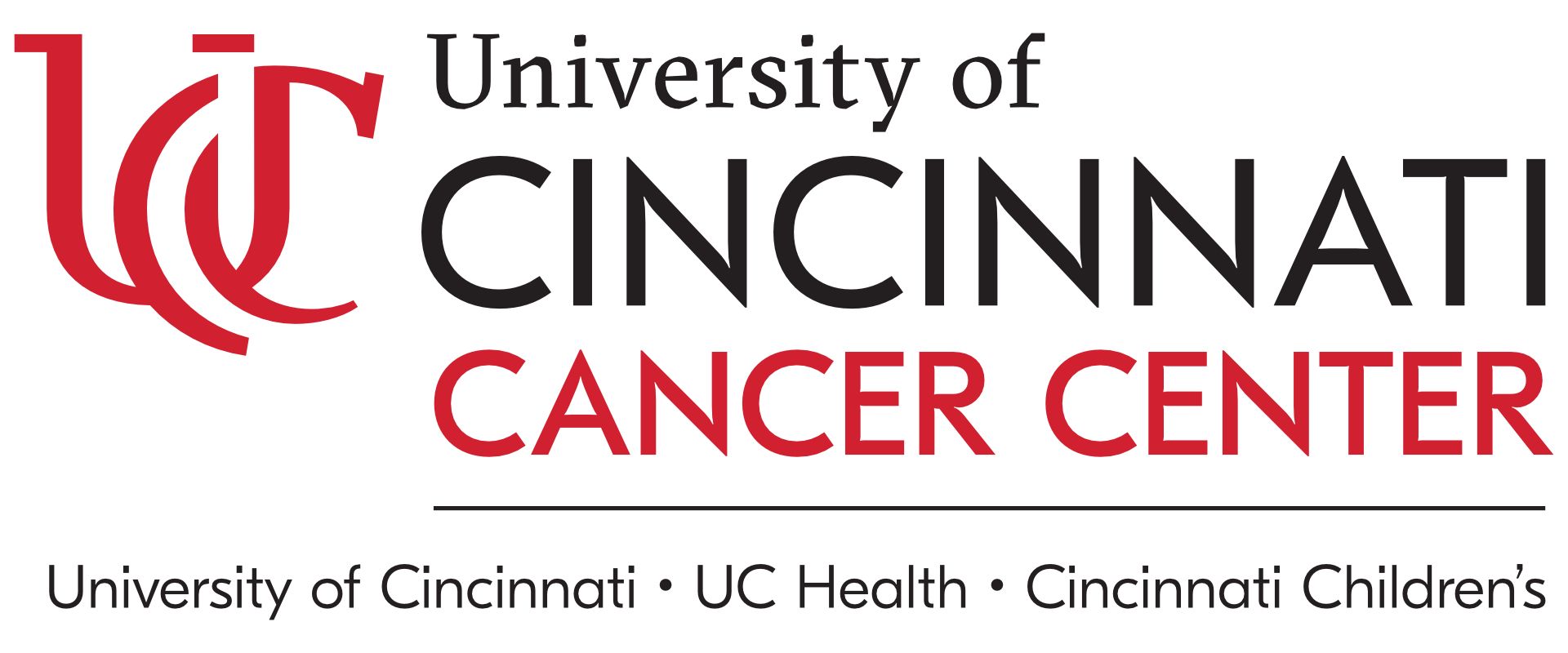
Women in Oncology: The Evolution of Active Mentorship

Melinda Butsch Kovacic, MPH, PhD; Elizabeth Shaughnessy, MD, PhD; Sandra L. Starnes, MD; and Susan E. Waltz, PhD, discuss the differences that can arise between the mentorship strategies of men and women and the importance of finding mentors that help with individual career growth and personal goal accomplishment.
Melinda Butsch Kovacic, MPH, PhD; Elizabeth Shaughnessy, MD, PhD; Sandra L. Starnes, MD; and Susan E. Waltz, PhD, discuss the differences that can arise between the mentorship strategies of men and women and the importance of finding mentors that help with individual career growth and personal goal accomplishment, regardless of their gender.
Kovacic is a professor and the associate dean of Research at the University of Cincinnati College of Medicine. Shaughnessy is an adjunct professor and the vice chair for Patient Experience at the University of Cincinnati Health. Starnes is a professor of clinical, the chief of the Division of Cardiothoracic Surgery, and the Dr. John B. Flege, Jr. Chair of surgery at the University of Cincinnati College of Medicine. Waltz is a professor of cancer biology at the University of Cincinnati College of Medicine.
In this episode, Kovacic, Shaughnessy, Starnes, and Waltz explain the differences they have noticed between male and female mentors, such as the directive tendency of male mentors vs the tendency for female mentors to learn their mentees’ individual goals and holistically consider their personal needs and pressures to best help them succeed. The 4 experts note that differences have lessened over time, however, with the advent of resources that provide mentorship guidelines and expectations, as well as more formalized mentorship policies at many institutions.
They also emphasize the crucial nature of mentorship roles that grow into sponsorship opportunities. They mention that earlier in their careers, many of the male mentors they knew were less likely than female mentors to sponsor mentees by suggesting career growth opportunities and helping them advance to higher positions. Now, however, more male mentors are willing to sponsor their mentees, although they note that mentees with male mentors often need to be proactive and ask for their sponsorship.
Additionally, Kovacic, Shaughnessy, Starnes, and Waltz discuss their appreciation of the different mentors, both male and female, who they have had throughout their careers and the benefits of having several mentors, as each mentor has unique strengths, weaknesses, and leadership styles that all contribute to varied, yet valuable, career insights.




































